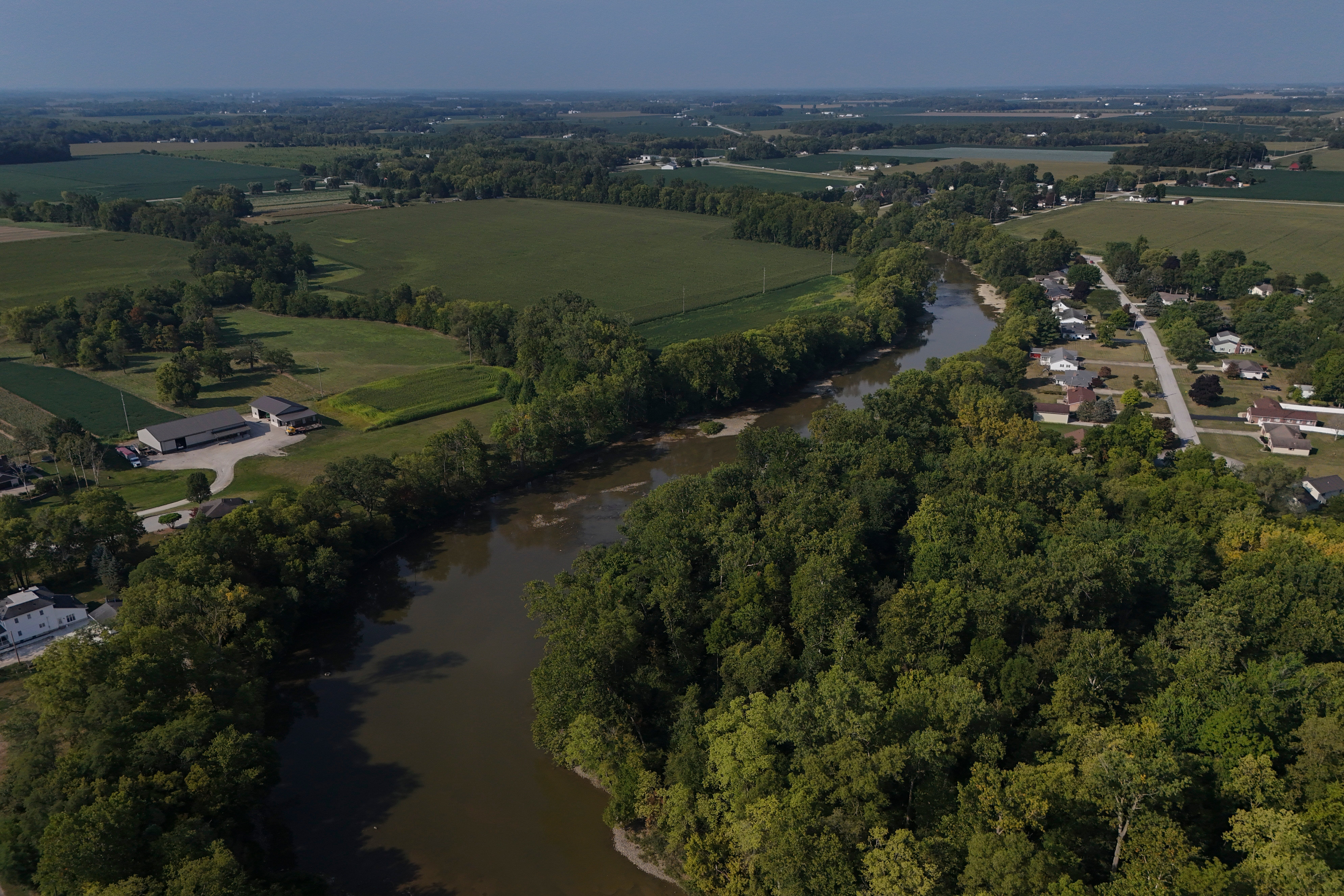Researchers find winds affecting emissions from incinerators play role, though diet still thought to be largest factor. Toxic chemicals in breast milk have been identified in mothers living near waste incinerators in the UK, a study has found. The study looked at complex chemicals called polychlorinated biphenyls (PCBs) and dioxins. These are found in the fumes from burning waste and can persist in the environment for a long time. They can also accumulate in the fat in our bodies, with more than 90% coming from food.
Breast milk was donated by 194 first-time mothers living within about 12 miles (20km) of municipal waste incinerators in the UK. Dr Pippa Douglas, who led the breast milk collections during her time at Imperial College London, said: “We recruited first-time mothers, so when they signed up to the study they were pregnant and likely to have no idea what life with a newborn baby would be like.”.
The mothers also answered questions about their age, weight and the types of food that they ate, so these factors could be included in the analysis. The breast milk samples were analysed for dioxins and 150 samples were also analysed for PCBs, making it the largest study of its type in the UK.
Next the scientists compared the chemical analysis with the distance of the mothers’ homes from their nearest incinerators. Ruthie Parsons, from Imperial College London and one of the authors, said: “When the results first emerged, I was initially surprised that proximity was not associated with the toxicity.”.






















